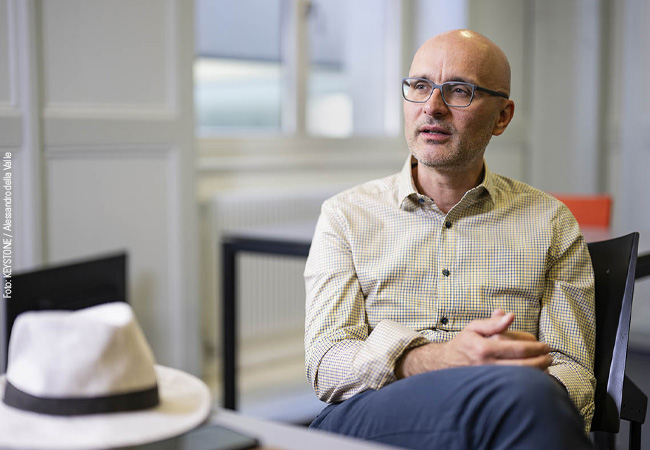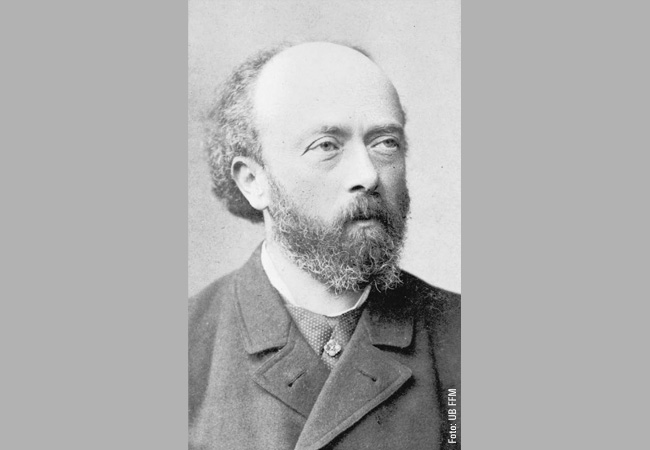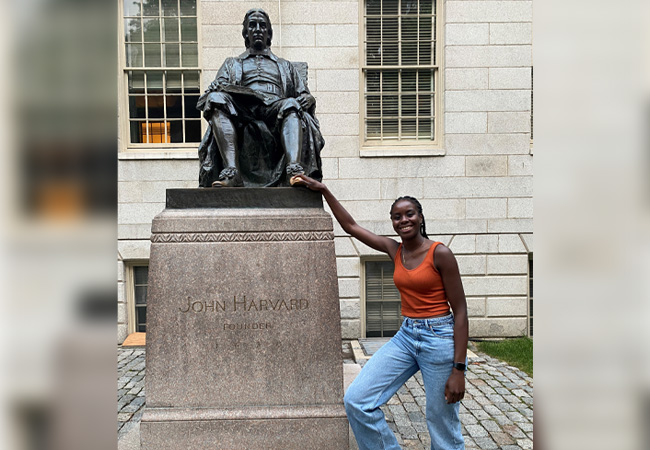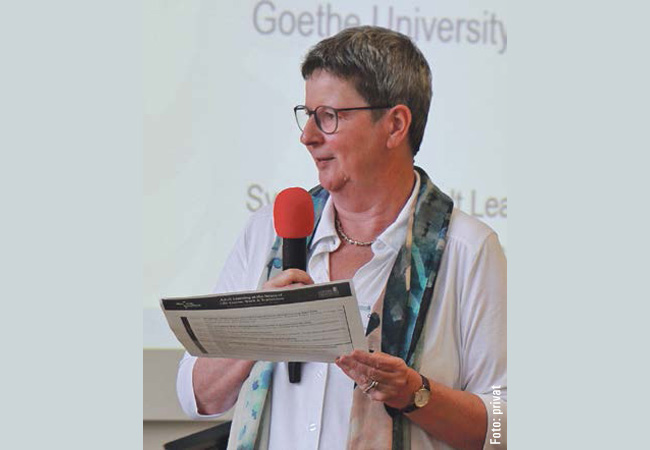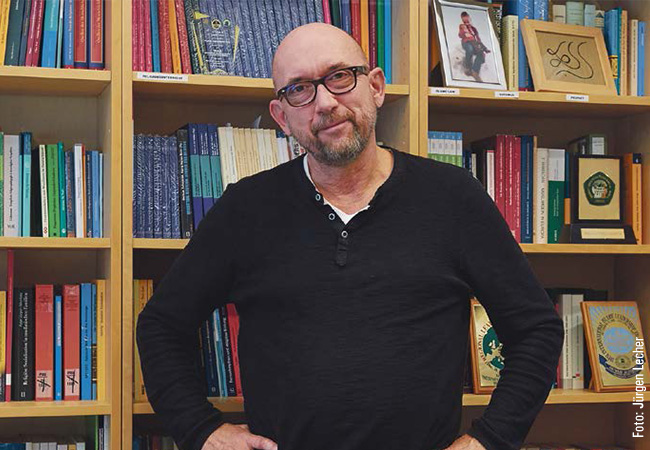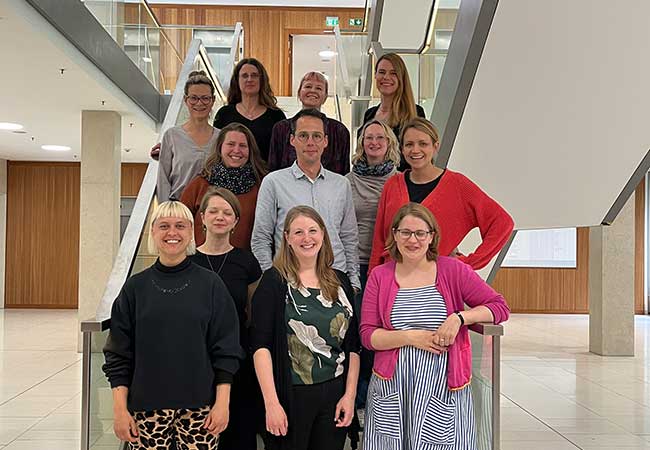International symposium on adult learning
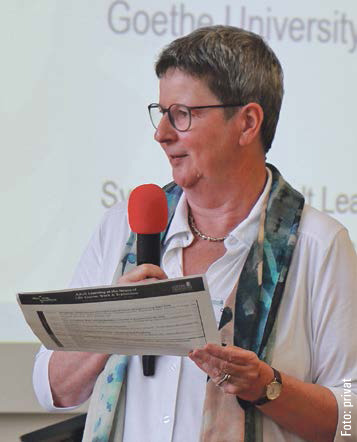
Adults learn not only in dedicated educational institutions but also in other contexts, such as the workplace, clubs and associations, or voluntary organizations, within the family or during transitions in their life course. These diverse aspects of education and learning in adulthood are at the focus of the Department of Adult and Further Education at Goethe University Frankfurt’s Faculty of Educational Sciences, headed by Professor Christiane Hof. They give rise to some exciting questions, particularly against the background of social transformation processes and the increased demands on lifelong learning associated with them.
While it is certainly valuable to research teaching and learning in further education institutions, which are commonplace in German adult education research, there are also very interesting international contributions that deal with adult learning outside these contexts. To broaden the understanding of learning and educational processes, especially to formats that do not fit into formal contexts, and simultaneously take international perspectives into account, the department organized a three-day symposium entitled “Adult Learning at the Nexus of Life Course, Work & Transitions”, which took place from 27 to 29 September 2023. The event was made possible by funding from the German Research Foundation [Deutsche Forschungsgemeinschaft, DFG], the Friends and Benefactors of Goethe University Frankfurt, and the Faculty of Educational Sciences.
Fifty researchers from 13 countries contributed to a lively dialog, their aim being to advance the academic discourse on adult learning and to prepare the groundwork for concepts to support such learning. The starting point for the discussions was presentations by ten experts, who explored – from different theoretical perspectives – the central questions of the symposium, as formulated by Professor Christiane Hof: How can adult learning outside further and continuing education institutions be described theoretically and empirically? How can the social integration of this learning be conceptualized?
Professor Jean Lave (University of California, Berkeley, USA) explored the question “What is Learning For?” and highlighted learning as a change in and of hegemonic structures. Michael Bernhard (Goethe University Frankfurt) gave an introduction to the biography research perspective, which Flora Petrik (University of Tübingen) took up in her lecture on the role of work in the biographies of first-generation students. Learning for and through work and career was a central theme in the talks by Professor Stephen Billett (Griffith University, Australia), Professor Katrin Kraus (University of Zurich) and Professor Victoria Marsick (Columbia University, USA).
With her lecture on the link between occupational biography and sustainability, Elisa Thevenot (University of Tübingen) addressed a highly topical subject, as did Professor Christian Harteis (Paderborn University), who offered both fascinating as well as alarming insights into the consequences of the digitalization of work for individual learning. Professor Beatrix Niemeyer-Jensen (Europa-Universität Flensburg), Professor Peter Sawchuk (University of Toronto, Canada) and Professor Henning Salling Olesen (Roskilde University, Denmark) discussed the role of the political environment, power structures and the social integration of learning.
In their final wrap-up at the end of the symposium, Professor Christiane Hof and Michael Bernhard were not the only ones to emphasize that despite – or perhaps precisely because of – the diversity of theoretical approaches, useful points of reference had emerged for further developing international exchange. All participants agreed on how important it is to further elaborate empirically sound concepts for analyzing and supporting adult learning because, as Professor Marsick from Columbia University put it, new challenges cannot be answered with old theories. Vis-à-vis adult learning, this also means that we should review our understanding of learning as a reaction to teaching and look closer at the diverse forms of learning that exist outside formal contexts. One of the symposium’s key findings was certainly that learning should be understood not only as an individual process of knowledge acquisition but above all also as a social practice.
More information at https://adult-learning.de/


